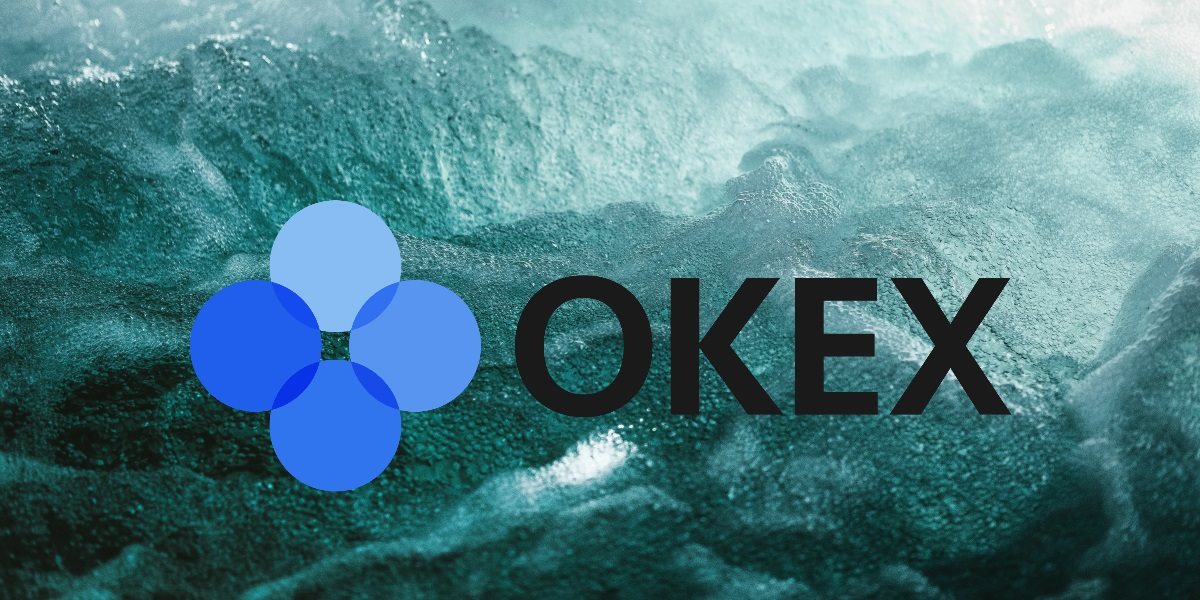Is Euro-Italian Exchange legal?
- DDDOriginal
- 2024-04-26 16:47:12728browse
yes. Founded in 2017 and headquartered in the Seychelles, Euro-Italian Exchange has obtained regulatory licenses from multiple countries and regions and has adopted measures such as KYC/AML compliance, security measures and partnerships to ensure platform compliance.

Is Euro-Italian Exchange legal?
Answer: Yes
Detailed explanation:
European-Italian Exchange was established in 2017. Cryptocurrency exchange based in Seychelles. It has been licensed to operate in several countries and regions, including:
- Seychelles: Regulated by the Seychelles Financial Services Authority (FSA)
- AustraliaAsia: Registered by the Australian Transaction Reports and Analysis Center (AUSTRAC)
- United States: Registered by the Financial Crimes Enforcement Network (FinCEN) ## Canada Compliance, including:
- KYC/AML Compliance : Ouyi requires users to provide proof of identity and address to complete KYC (Know Your Customer) and AML (Anti-Money Laundering) checks.
Security Measures
: Ouyi uses multiple layers of security measures, including two-factor authentication, cold storage, and distributed denial of service (DDoS) protection.Partnerships: Ouyi partners with other compliance entities, including payment processors and regulated custodians.
In addition, Euro-Italian Exchange has a good reputation among users. It has a 4.3-star rating on Trustpilot, with users praising its platform’s ease of use, customer support, and security.
In short, Euro-Italian Exchange is a regulated and compliant cryptocurrency exchange that has obtained operating licenses from multiple countries and has taken comprehensive measures to ensure the security of its platform.
The above is the detailed content of Is Euro-Italian Exchange legal?. For more information, please follow other related articles on the PHP Chinese website!
Related articles
See more- GameStop to terminate NFT market on February 2 due to cryptocurrency regulation
- What does exchange withdrawal network mean? Exchange currency withdrawal operation tutorial
- Ranking of Top Ten Cryptocurrency Trading Platforms Most Reliable Cryptocurrency Exchanges 2023
- Which one is better, Oyi or Binance? EuroEasy Binance Exchange Comparison
- Grayscale launches crypto-staking dynamic income fund

